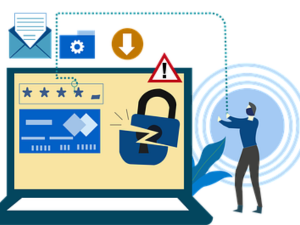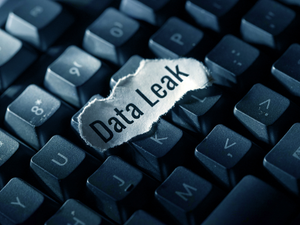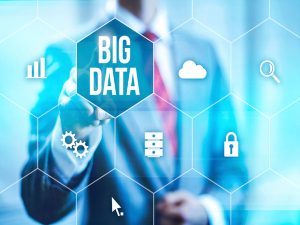 Business owners must remain vigilant against emerging threats. On July 4, the cybersecurity community was rocked by a massive leak of passwords, one of the largest ever recorded. This breach, dubbed RockYou2024, poses significant business risks and underscores the need for robust security measures.
Business owners must remain vigilant against emerging threats. On July 4, the cybersecurity community was rocked by a massive leak of passwords, one of the largest ever recorded. This breach, dubbed RockYou2024, poses significant business risks and underscores the need for robust security measures.
This article aims to answer these top 2 FAQs about the recent password leak:
-
What is RockYou2024, and why is it significant?
-
How can business owners protect their companies from similar breaches in the future?
The RockYou Sequel No One Wanted to See
If you’ve been in business since 2009, you might recall the infamous RockYou data breach. This breach exposed 32 million user credentials stored insecurely in plaintext, leading to widespread identity theft and data breaches. Unfortunately, RockYou2024 makes its predecessor look minor by comparison.
The Scale of RockYou2024
In early July, nearly 10 billion passwords were leaked and posted on a notorious hacking forum under the file name rockyou2024.txt. This staggering collection includes passwords from over 4,000 databases, with some breaches dating back over 20 years. While many of these passwords were compromised long ago, 1.5 billion have been leaked since 2021, highlighting the ongoing threat.
 What Your Business Can Do to Stay Safe from Future Breaches
What Your Business Can Do to Stay Safe from Future Breaches
For business owners affected by this news, it may be too late to secure old, compromised passwords. However, there are proactive steps you can take to protect your business from future breaches. Robust encryption and improved password practices are critical components of a strong security strategy.
Implement Robust Encryption
One of the key issues with the RockYou2024 leak was the storage of passwords in plaintext. By encrypting stored information, your business can ensure that even if data is compromised, it remains unreadable to attackers. Encryption converts data into a coded format that can only be deciphered with the correct decryption key, providing a crucial layer of protection.
How to Encourage Better Password Habits Among Users
In addition to securing your own systems, it’s essential to encourage better password habits among your users. Start by informing them about the breach and the importance of changing their passwords. Using compromised credentials can lead to account takeovers and further data breaches.
 Promote the Use of Password Managers
Promote the Use of Password Managers
Encourage your users to use password managers to create and store unique passwords for each site they access. Password managers generate strong, random passwords and securely store them, reducing the risk of credential reuse across multiple platforms.
Implement Multi-Factor Authentication (MFA)
Multi-factor authentication (MFA) adds an extra layer of security by requiring users to provide two or more verification factors to access their accounts. This could include something they know (a password), something they have (a security token), or something they are (a fingerprint). MFA significantly reduces the likelihood of unauthorized access.
Let's Recap
The RockYou2024 breach serves as a stark reminder of the importance of robust cybersecurity measures. By implementing strong encryption, promoting better password habits, and encouraging the use of MFA, business owners can significantly reduce the risk of data breaches. Stay informed about the latest cybersecurity developments to protect your business and your customers.
FAQ Answers
What is RockYou2024, and why is it significant?
RockYou2024 is a massive data breach that leaked nearly 10 billion passwords on a hacking forum. This breach is significant because it highlights the ongoing threat of password leaks and the importance of robust cybersecurity measures for businesses.
How can business owners protect their companies from similar breaches in the future?
Business owners can protect their companies by implementing robust encryption to secure stored data, encouraging the use of password managers for unique passwords, and adopting multi-factor authentication (MFA) to add an extra layer of security to user accounts. These measures help prevent unauthorized access and reduce the risk of data breaches.
